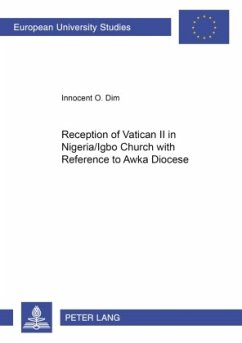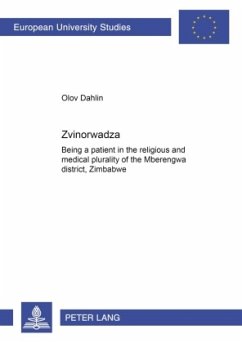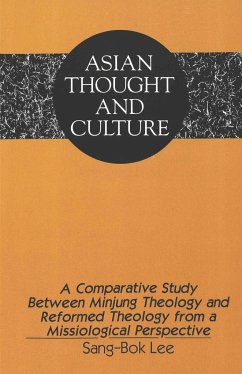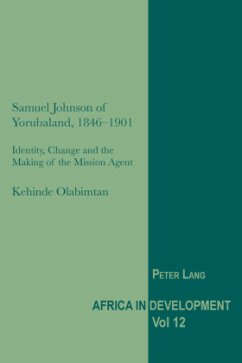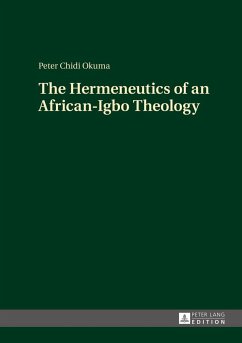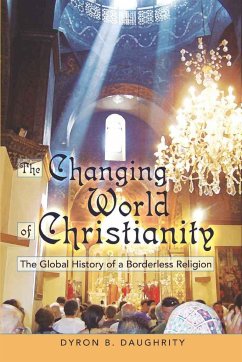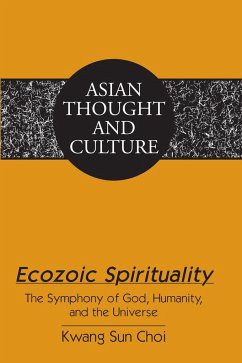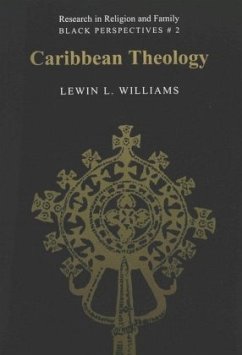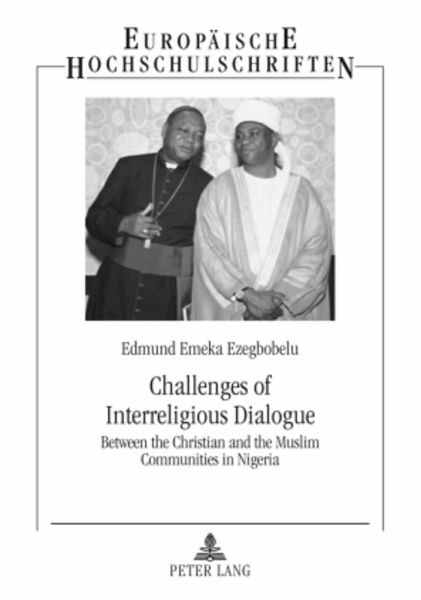
Challenges of Interreligious Dialogue
Between the Christian and the Muslim Communities in Nigeria
Versandkostenfrei!
Versandfertig in 6-10 Tagen
84,50 €
inkl. MwSt.

PAYBACK Punkte
0 °P sammeln!
This case study of the micro nation states in Nigeria shows that the issues involved in interreligious dialogue cannot be analysed in isolation from other various societal variables as some scholars have done in the past. This work demonstrates that religion and theological studies must be rooted in interdisciplinary approach and must pay serious attention to "contexts". These contexts - societal variables including geo-historical, cultural, religious, local, national, artistic and global factors - play an indispensable role and provide the background for understanding, interpreting and evalua...
This case study of the micro nation states in Nigeria shows that the issues involved in interreligious dialogue cannot be analysed in isolation from other various societal variables as some scholars have done in the past. This work demonstrates that religion and theological studies must be rooted in interdisciplinary approach and must pay serious attention to "contexts". These contexts - societal variables including geo-historical, cultural, religious, local, national, artistic and global factors - play an indispensable role and provide the background for understanding, interpreting and evaluating human religious expressions. Given the complexity of these contexts, the author applied the hermeneutic and interdisciplinary approaches to translate both theological and intellectual issues on interreligious encounters between Christianity and Muslims in Nigeria with the issues of local and national social problems. This work opens a new dimension in the studies of interreligious relations.



